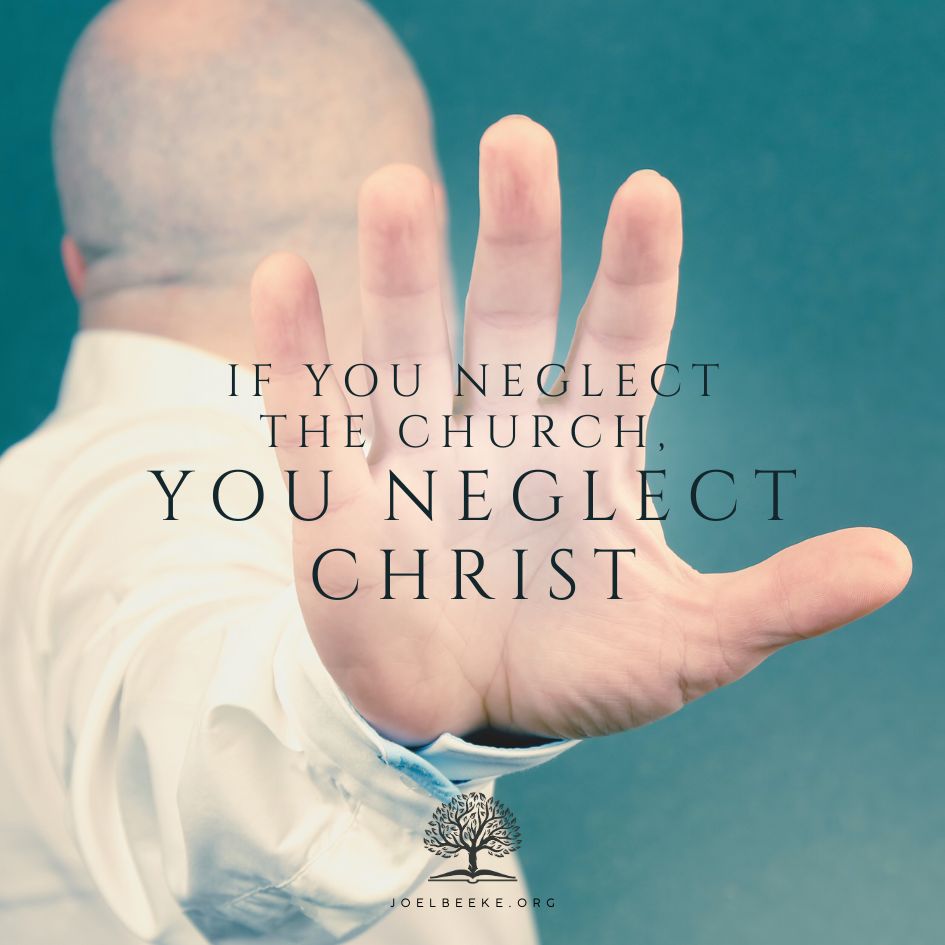
The Spirit of the Lord GOD is upon me; because the LORD hath anointed me to preach good tidings unto the meek; he hath sent me to bind up the brokenhearted, to proclaim liberty to the captives, and the opening of the prison to them that are bound; to proclaim the acceptable year of the LORD, and the day of vengeance of our God; to comfort all that mourn; to appoint unto them that mourn in Zion, to give unto them beauty for ashes, the oil of joy for mourning, the garment of praise for the spirit of heaviness; that they might be called trees of righteousness, the planting of the LORD, that he might be glorified. — ISAIAH 61:1–3
The nineteenth-century British preacher Alexander Maclaren said, “No man will ever do much for the world whose ears have not been opened to hear its sad music.”1 As the incarnate Son of God, Jesus heard the world’s sad music. Touched “with the feeling of our infirmities” (Heb. 4:14), the Man of Sorrows experienced firsthand that the world is filled with broken hearts. That is why Jesus’ announcement that He came to fulfill Isaiah 61 is music to the ears of the brokenhearted.
Every child of God has felt his soul cleave to the dust and melt for heaviness (Ps. 119:25, 28). Circumstances can overwhelm us with hopelessness. Life in a sinful world weighs heavily on our hearts. On top of this sorrow is the pain that comes from persecution by the ungodly. The psalmist testifies of this: “My tears have been my meat day and night, while they continually say unto me, Where is thy God?” (Ps. 42:3). Thankfully, Christ has come to heal all the brokenness of believers’ hearts. Jesus’ coming and His ministry in word and deed point to a day when all things will be made right, when “God shall wipe away all tears” from the eyes of His redeemed people. As Revelation 21:4 says, “There shall be no more death, neither sorrow, nor crying, neither shall there be any more pain: for the former things are passed away.”
Jesus’ promise to bind up the brokenhearted is of particular comfort to God’s children as they grieve over their sins. A broken heart deplores its uncleanness and asks the Lord to cleanse it (Ps. 51:10). For example, after his shameful moral lapse, David’s heart was broken. He knew he had sinned not only against Bathsheba and Uriah but also against the Lord. At least fifteen times in Psalm 51 he uses words specifying the nature of his sin as “transgressions” (vv. 1, 3, 13); “iniquity” (vv. 2, 5, 9); “sin” (vv. 2–5, 9, 13); “evil” (v. 4); and “bloodguiltiness” (v. 14).
David’s heart was broken by the sense of his sin. He felt as if God had broken his very bones (v. 8). Because of his guilt, God’s hand was heavy upon him; he felt the kind of dehydration and thirst associated with such guilt and said, “My moisture is turned into the drought of summer” (Ps. 32:4). Still, David knew that God would heal his heart. He thus wrote, “The sacrifices of God are a broken spirit: a broken and contrite heart, O God, thou wilt not despise” (Ps. 51:17).
The Hebrew version of Isaiah 61:1 literally says that Christ “bandages” the brokenhearted. What a beautiful picture this is of Christ healing the broken in heart and binding up their wounds (Ps. 147:3; cf. Luke 10:34). His gentle touch as a physician of souls was described in prophecy: “A bruised reed shall he not break, and smoking flax shall he not quench” (Isa. 42:3; cf. Matt. 12:20).
This imagery of Jesus’ tender care is particularly striking in light of Scripture’s portrayal of Him as a warrior king. Psalm 2 says that the Messiah will govern the nations with the severity of divine justice. Christ will “break them with a rod of iron” and “dash them in pieces like a potter’s vessel” (v. 9). The difference lies in one’s heart response to Christ’s government. In Psalm 2 the nations resist the rule of Christ. In Isaiah 42 the Gentiles submit to Him and eagerly wait for His law. Christ is both a strong ruler and a gentle healer. To the brokenhearted, He is gentle; to those who oppose Him, He is a crushing warrior.
In Christ the gentleness and might of God is revealed. A loving husband will gently caress his wife when she has had a rough day. But he is ready to fight anyone who harms her. Knowing that we have such a husband in Christ, let us take the posture of a bruised reed that bends down toward the ground as if paying homage. “Be afflicted, and mourn, and weep…. Humble yourselves in the sight of the Lord, and he shall lift you up” (James 4:9–10). Then we can sing with David:
Thy free salvation is my shield,
My sure defense in every strait;
Thy hand upholds me, lest I yield;
Thy gentleness has made me great.
— versification of Psalm 18:35, The Psalter, no. 35:6
Excerpt from
Why Christ Came: 31 Meditations on the Incarnation
By Joel R. Beeke and William Boekestein







